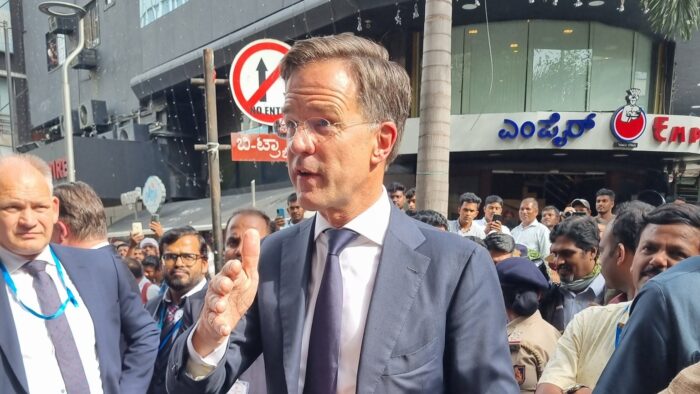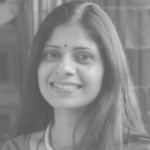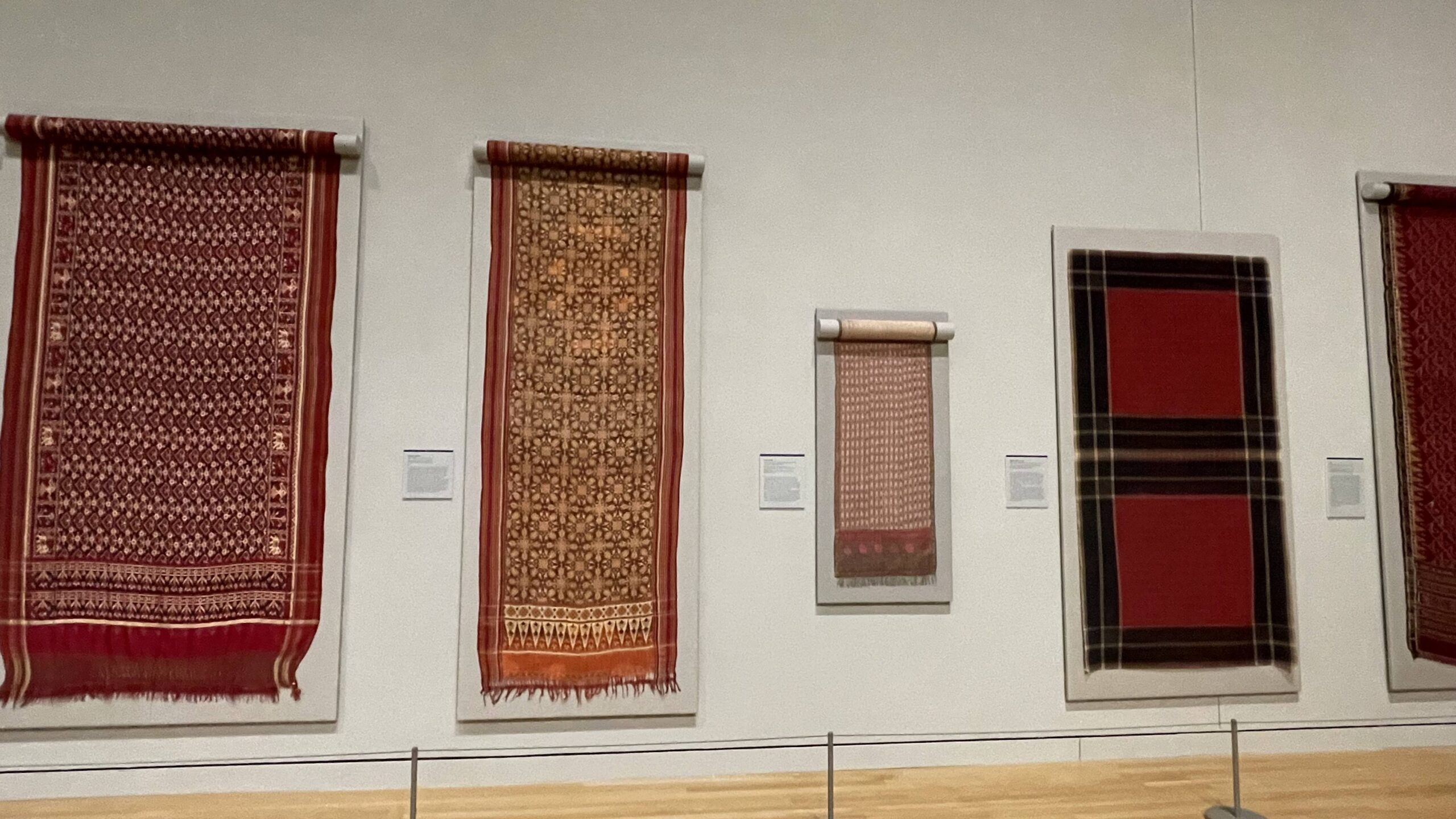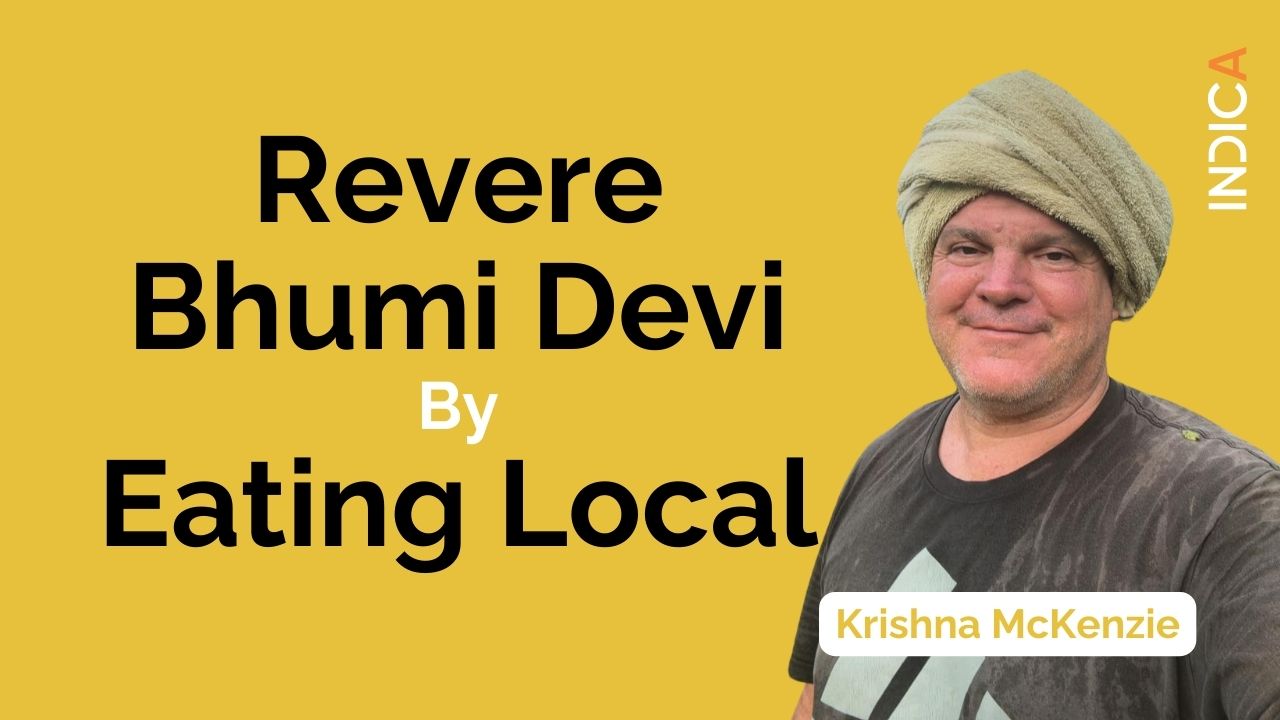During his visit to Church Street in Bengaluru in September post the recently concluded G20 meet, Prime Minister of the Netherlands Mark Rutte spoke with Bengaluru Cycle Mayor Sathya Sankaran, who explained efforts underway to expand the city’s infrastructure to support cycling, given the Dutch affinity for cycling. Following a German industry minister’s example, the Prime Minister also experienced India’s fast-growing UPI journey at the popular Chai Point outlet near the metro station. He remarked that the UPI is a remarkable advancement in India’s digitization journey, facilitating faster and more secure transactions, and appreciated India’s digital growth.

During a visit to India to attend the G20 summit, Prime Minister Mark Rutte of the Netherlands also led a National Trade Mission with President of the Confederation of Netherlands Industry and Employers (VNO-NCW) Ms. Ingrid Thijssen to Bengaluru. With a focus on sustainability through harnessing the knowledge of both the Netherlands and India, around sixty leading Dutch companies in the fields of food and medicine technology and key enabling technologies accompanied the Prime Minister and Ms. Thijssen. During his visit to Bengaluru, Prime Minister Rutte enjoyed a stroll down Church Street and took a walk to see the beautiful mural art that had been done in 2022 to celebrate the 75 years of Indo-Dutch relations.
Bilateral relations between India and the Netherlands have been immortalised through mural art. The art of murals dates back to the palaeolithic age, and has evolved through the millennia, representing powerful messages and ideas. A multi-city mural art project in India was initiated when Delhi Street Art invited two artists from the Netherlands to create works that would underline the cross-cultural exchange of ideas and art.
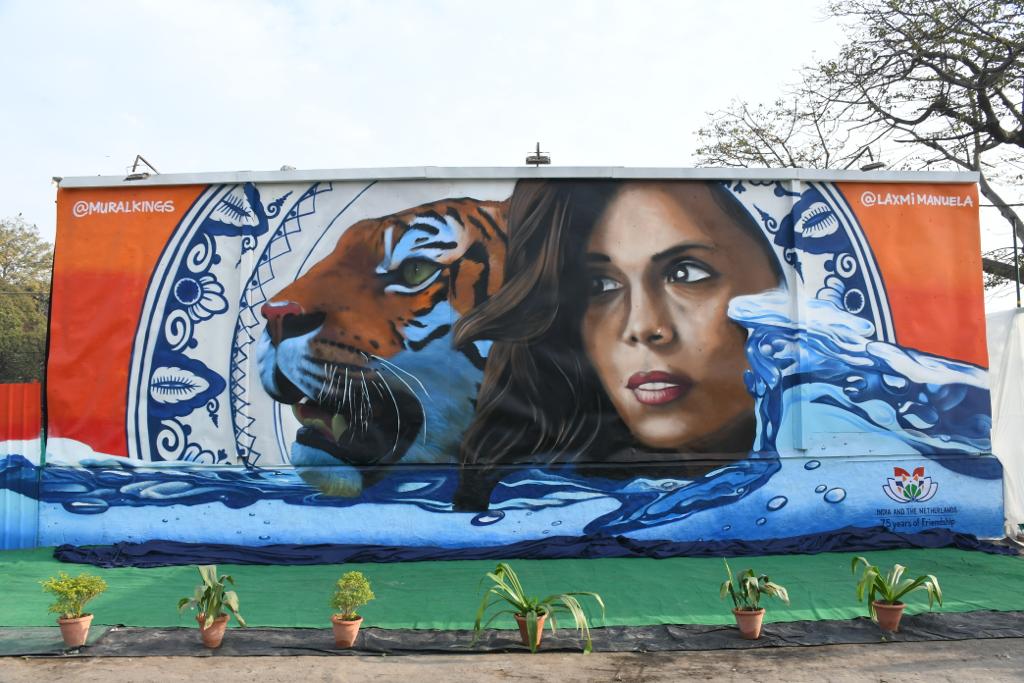
Delhi Street Art is a public art enterprise, founded in 2013 by Yogesh Saini. They collaborate with a milieu of people, ranging from the local communities and NGOs to corporate bodies and the government, to design authentic urban art spaces. They reached out to Laxmi Manuela and Roelof Schierbeek, both based in the Netherlands, and thus this project was born. Manuela is a self-taught artist and an advocate for women empowerment, and her artworks are often taboo-breaking, reflecting her internal dialogue. Schierbeek is the founder of Mural Kings, who specialise in organising and creating large scale murals, with over 25 years of experience in street art. Together, they created stunning murals in the cities of Delhi, Bengaluru and Mumbai.
The mural in Delhi’s Nizamuddin area was of an Indian woman and a tiger, strongly evocative of India’s glory. Water and Delft blue ceramics were used as motifs for the Netherlands, famous for water management and these ceramics. Delft Blue ceramics, also known as Delftware, are the product of an age-old Dutch art of tinted earthenware and pottery, usually in blue and white, as seen in the mural. The orange-hued background is both representative of the Indian flag and Dutch royalty (orange is the colour of the currently reigning royal family in the Netherlands, the House of Orange-Nassau).
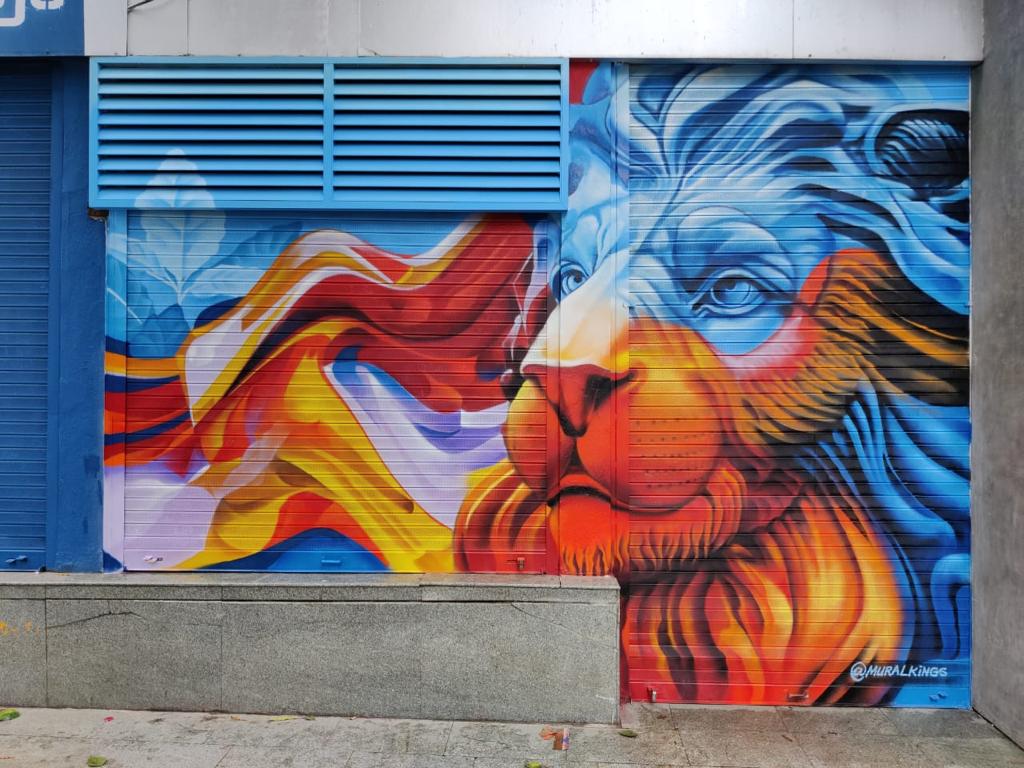
The mural in Mumbai is a beautiful artwork of an Indian woman, bedecked in traditional jewellery, dreaming of the Netherlands. It romanticises the Dutch landscapes and scenery, which the woman has never seen, but hopes to visit one day.
Situated in Bengaluru, the third mural is a depiction of a proud lion, representative of courage, royalty and strength. It is on the coat of arms of the royal family of the Netherlands, and what many may not know is that it was also the national animal of India till 1972.
The art forms the background to the strengthening of economic relationships. Ms Ingrid Thijssen, president of VNO-NCV said in Bengaluru, “India is well on its way to becoming the world’s 3rd biggest economy. The tremendous growth that India is experiencing offers many opportunities for Dutch entrepreneurs. In addition, the rapid advancement of digitization and the development of new technologies like artificial intelligence are taking off, and India is at the forefront of global medical technology. Combined with a well educated and young workforce plus a favourable business climate, India presents an interesting market for Dutch businesses, particularly our innovation SMEs and start and scaleups.”
From art to sustainability in food technology, the lasting friendship between India and the Netherlands is evident, and through upcoming collaborations and projects, this friendship will only deepen.

